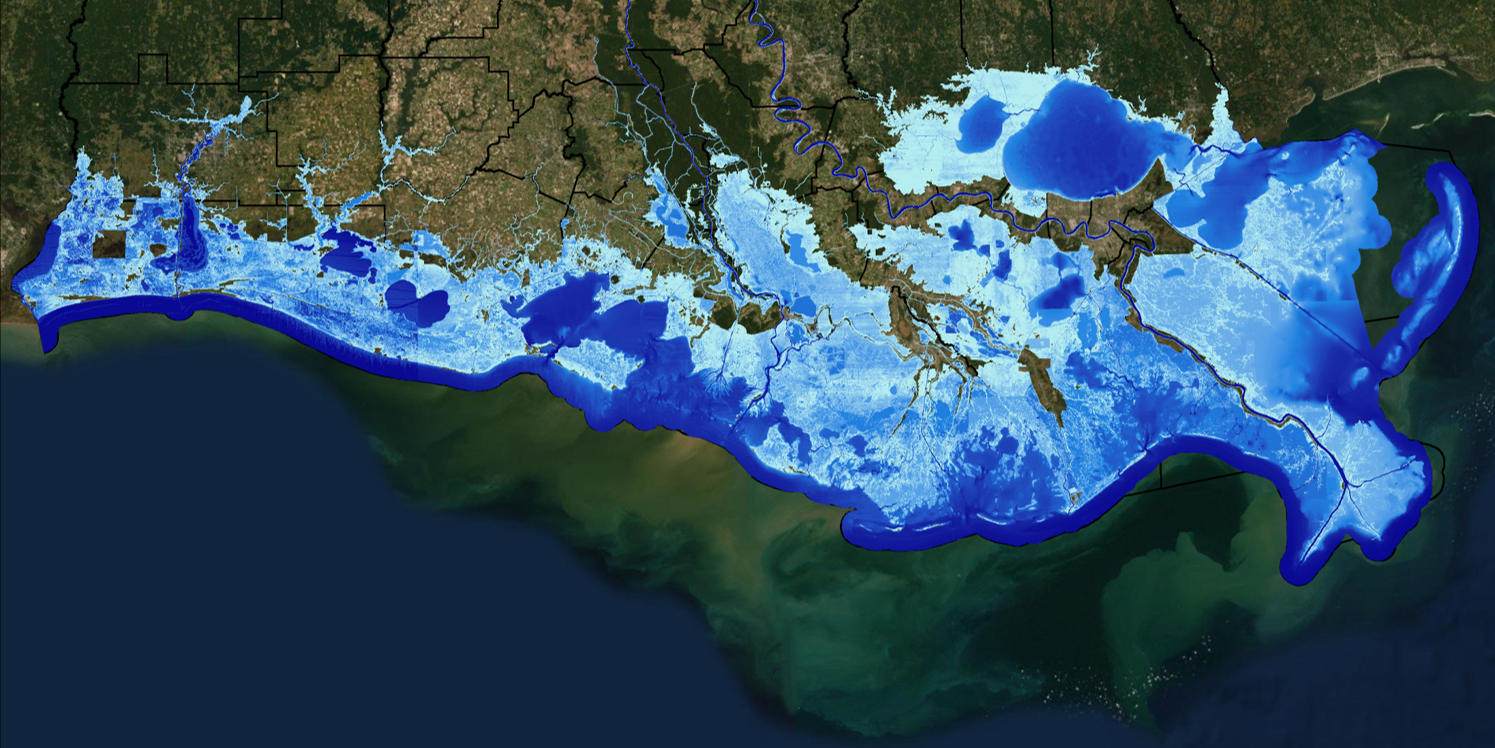Last updated: August 23, 2023
Article
MRDAM: Mississippi River Delta Archeological Mitigation Project
MRDAM Information
The Mississippi River Delta Archeological Mitigation (MRDAM) project is a multidisciplinary, multi-institutional effort for researching rapid loss of cultural resources caused by climate change events. The project is driven by environmental and anthropological justice initiatives. Research focuses on studying, understanding, and mitigating impacts to cultural resources that are integral to community identity and understanding world history. These climate-driven impacts are also recognized as stressors that affect the resilience of Louisiana’s coastal communities. Tribes, marginalized communities, and other coastal stakeholders are disproportionately affected by climate change. The various adverse coastal changes causing site and community displacements in Louisiana are a microcosm of what is happening in coastal regions and other deltaic environments around the world. Human-induced environmental changes, such as those of climate change and unsustainable land-use practices, have the potential to displace millions of people around the world who already live in harm’s way.

Map created by David Watt in Esri ArcGIS with data from the National Oceanic and Atmospheric Administration Ocean Service, Office for Coastal Management. Last Modified: 10/05/2022.
Future generations may not know or be able to appreciate what places and heritage were lost. Many of the at-risk archeological sites have never been studied and much of the information connected with these places will be lost. Places and sites inform us of strength and resilience to these extreme changes over a long period of time. Traditional knowledge forms, such as ecological, horticultural, religious, folklore, customs, and more, are also considered when implementing site mitigation strategies.
